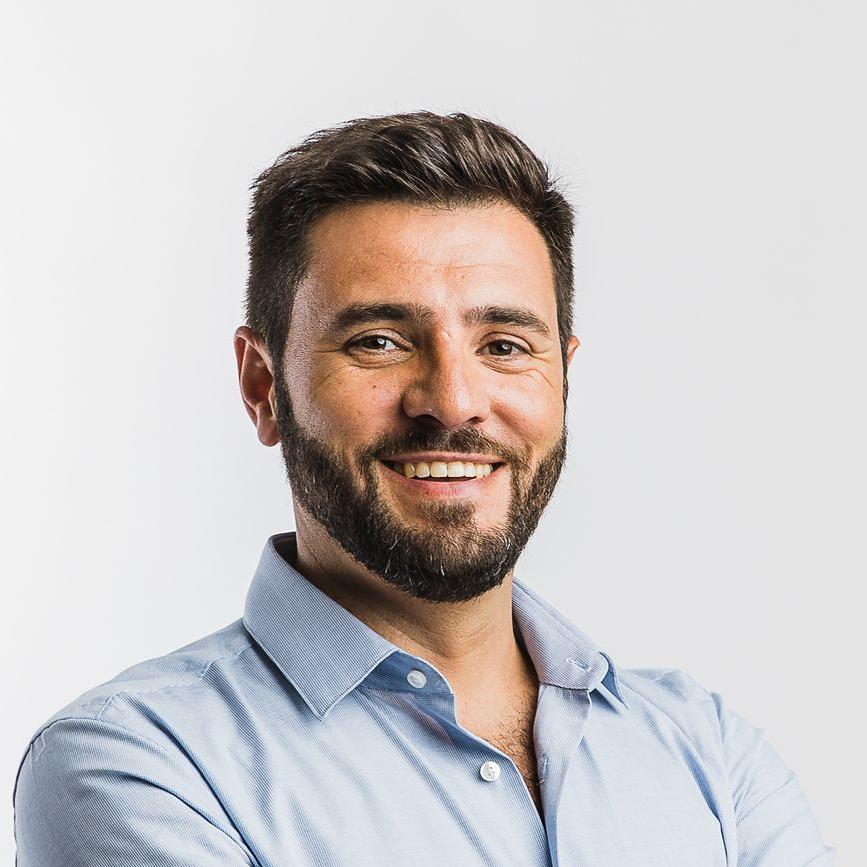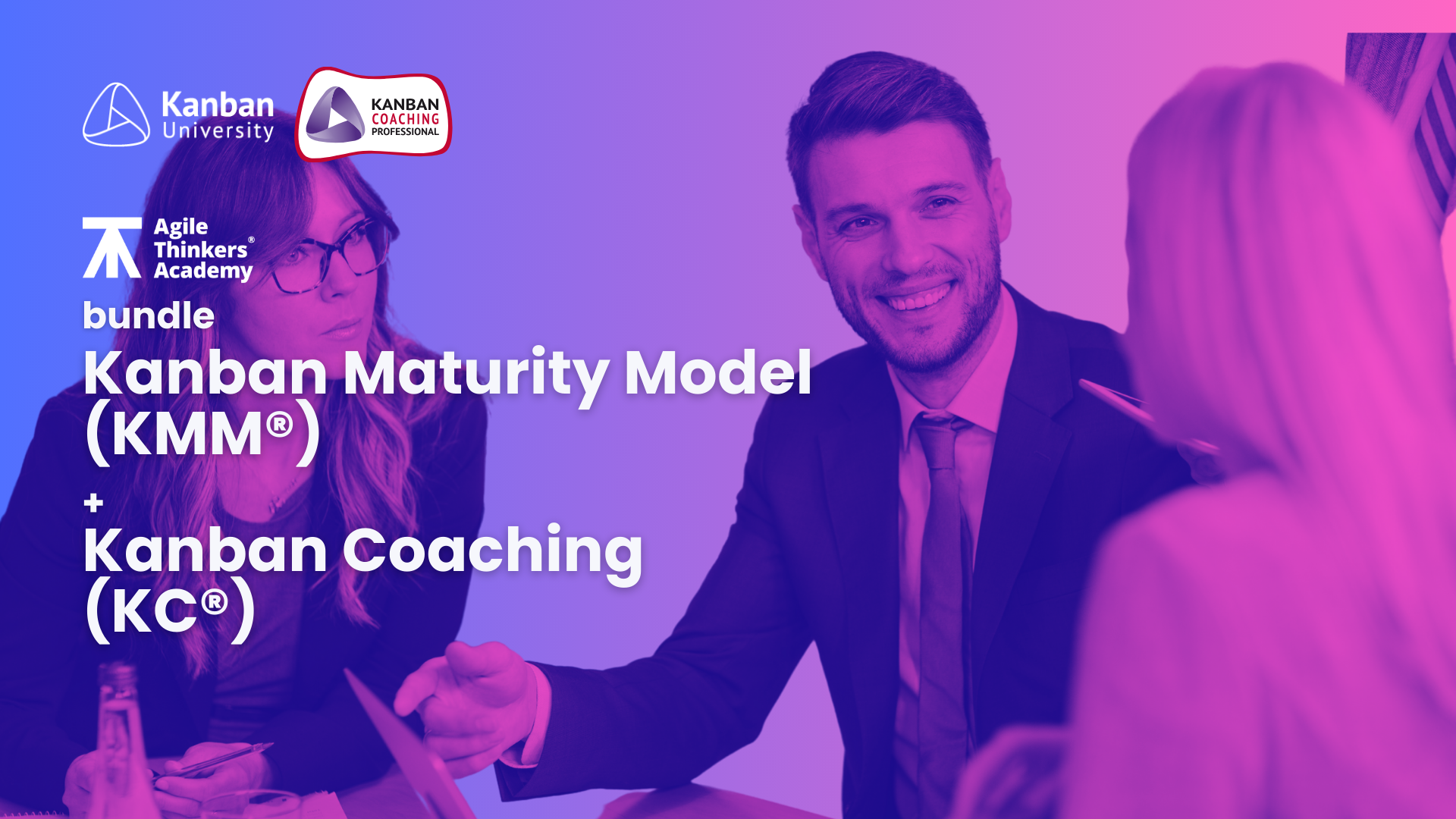The world changed with the pandemic but not the laws that support it. In an uncertain and volatile world, managing based on results allows you to conquer customers, employees and market shares, but the perspectives of business development are confined to kpis, dashboards and similar based on data with close to normal distribution and well-defined statistical concepts for the decisions.
But the pandemic was accelerated by the existence of networks - transport, internet, electrical, personal and professional - where the connections have personal rather than random motivations. Graph theory explains that the development of these networks is not regulated by a normal distribution, but by power laws (eg 80/20 pareto) where some “hubs” dominate the connections but most have a small number of connections.
This is the reason why when the company is connected to the world, it must realize that 2 more rrs are needed with rules different from the results and for this reason they should only be analyzed with other methodologies.
They are resilience, or the ability to experiment and explore, whether existing products and solutions or innovations, and robustness, a variable associated with new realities such as viruses, pandemics and information technology, cyber attacks, data destruction and computer security.
Resilience and robustness are thus the new standards for dealing with uncertainty, in a constant search for products and services suitable for customers associated with constant defenses against external aggression that guarantee areas of the organization. Unfortunately, this is an area where by definition disorder persists and persists because it is not possible to anticipate events or guarantee that new products will be successful. Can you imagine the amount of outdated, inadequate or non-compliant rules and regulations that may exist? How much bureaucracy and how much appetite for a group to reduce it creating one more problem? Resilience and robustness are compelling characteristics of information sharing and teaching and learning culture and thrive more easily among people with identical values and vision. These are emerging areas where autonomous and spontaneous groups move more effectively.
It is in this involvement that each one's narratives and stories play an important aggregating role. They serve as cement in sharing principles and values when they are emotional or proud of a group story, and they are the ones who can help you create a new normal of resilience and strength in your organization.
But if you understand stories as complements for children to educate children, think about the importance that errors and omissions can have in your organization, how they can destabilize it by trying to identify the culprit, inhibiting the others from learning or innovating, accepting the inexorable that "make mistakes humanum est ”!
There are no arguments against facts, but there are multiple interpretations and only one story is able to associate the facts with a point of view, creating not only a memory but also the possibility of that story being used in another context and with another meaning, allowing each taking benefits for their own benefit with more meaning than a threat or reprimand and enriching that human relationship.
We all have stories to tell, we just need how to tell with confidence and realism where it is possible to draw lessons, but if you still think you can't develop these skills, come join us at experience agile with help from the agile thinkers academy or consulting we can do a lot for you and your company.

Hugo Lourenço
Hugo Lourenço is the founder of Experience Agile® and DevOps Forum, Agile Human Factors ®, World Agility Forum ®, Agile21® - Improving through people, and Agile Thinkers Academy ®. Hugo is an Entrepreneur in several businesses and its main focus is to understand how companies are dealing with better ways of working and how to improve their business outcomes for their employees and customers.
Hugo is motivated by his values and getting his opinion recognized, perfectionist and creative as well a strong believer in a better outcome from people’s work, although he has a strong need for personal (people) trust/honest/transparent relationships and also doesn’t expect less than perfection from others too. Hugo was a marine and he is mission-oriented, if your business, department, or team is in danger or needs to be rescued, this is the right mission for Hugo and his international team.
The experience of working closely with the leaders of many of the brands that have already started this “Enterprise Agility” process outside Portugal, has made it clear that the company’s to get ready for an “unpredictable future” should seek to rationalize the portfolio of legacy products, create high-performance teaming, understand why they do what they do, and their impact on the new operating model. Hugo team will guide you to organizational design & a new way of working, and that will emerge psychological safety, emergent leadership, and new business models through sustainable processes.
He collaborates as a guest lecturer in some national and international business schools has a presence in the North American, and European markets.
Skills: Cynefin, Product Management, Project Management, DevOps Trainer, LeanKanban Trainer, Coach, Scrum Professional and trainer, High-Performance Teaming, Emergent Leadership, Design Thinking, Human Factors, Risk Manager, IT Governance and Service Manager.
Expertise in Business Areas: Defense, Healthcare, IT, Telecom, Bank and Insurance, Utilities.
Some of his interests are:
Motorcycle, traveling, reading, surf paddling, skiing, bicycle, cinema, theater, orchestra, museems.
